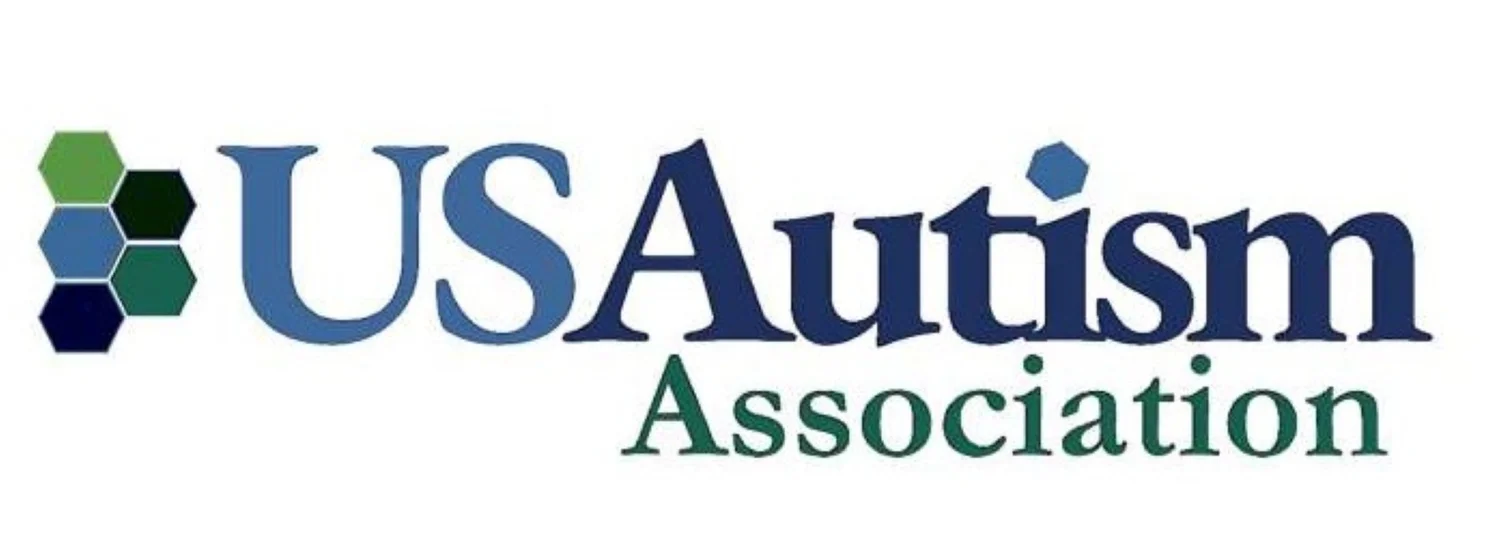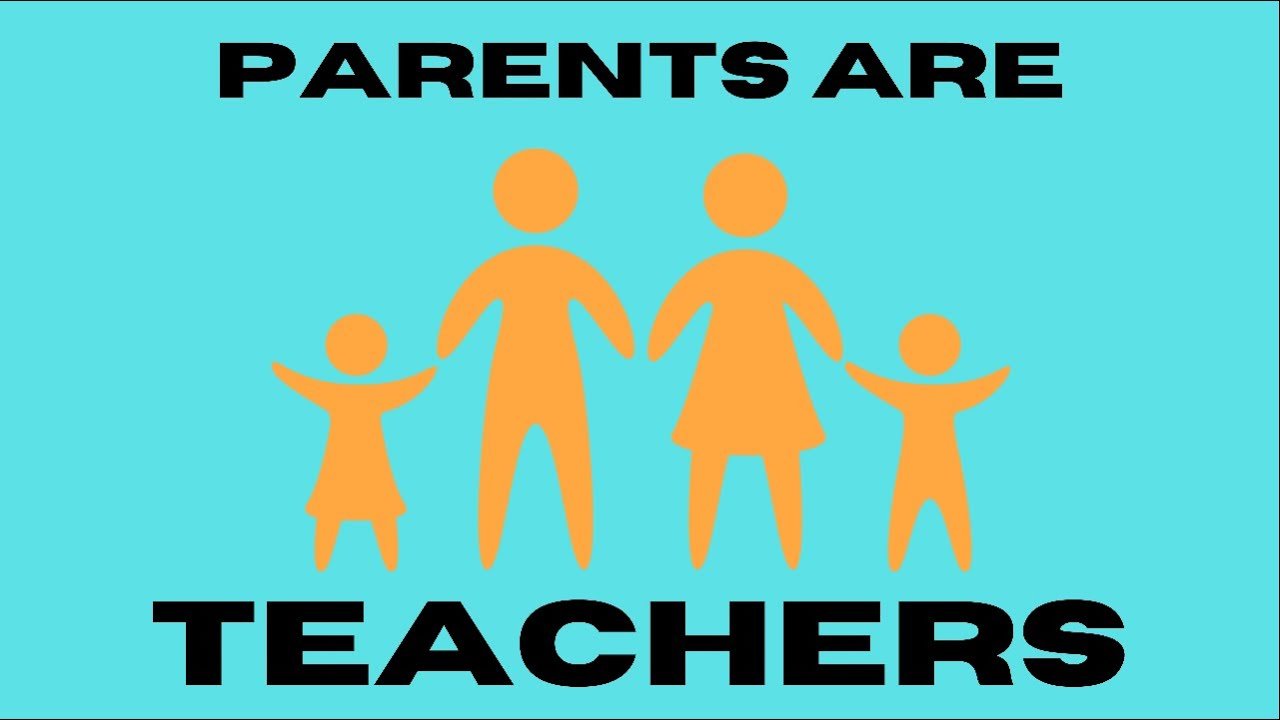
Welcome to the US Autism Association’s Video Streaming Library.
100+ streaming sessions, just a click away.
Welcome to one of the largest autism-focused streaming libraries in the world.
Featured Videos
Browse by Topic
+ Browse By Category
Approaches to Autism - Season 1
Approaches to Autism - Season 2
Approaches to Autism - Season 3
Health and Wellness
Therapies and Interventions
Education and the Classroom
Diversity Across the Spectrum
Legal and Advocacy
Summit: Meltdowns and Neuro-Crashes
Summit: Coming of Age Across the Autism Spectrum
Vintage Videos
Shorts
CEUs
Autism and the Arts
Approaches to Autism, Season 2, Episode 9: Cognitive Behavioral Therapy with Tony Attwood
In a much-anticipated event, and one that has been in the works for over a year, please join us to welcome Dr. Stephen Shore, Rob Bernstein, and US Autism Association's Dr. Marlo Payne Thurman as they host world-renowned speaker, author, and therapist Tony Attwood on the topic of Cognitive Behavioral Therapy for the treatment of autism.
Amir Arami- A Broader Lens for Understanding Neurodiversity: Autism and Traumatic Brain Injury Correlations, Insights, and Outcomes
In this session Amir Arami, founder of Verbal Autism, shares how his personal journey through a traumatic brain injury led to the creation of a revolutionary online app to facilitate individualized communication for individuals who are non speaking and on the autism spectrum.
Kara Darling- An Integrative Approach to Treating the Physiological Comorbidities in Autism
In this session Kara Darling, the clinical administrator for Lighthouse Complex Care, shares her simple and easy to understand roadmap for diagnosing and treating the various medical comorbidities that often occur alongside the autism spectrum.
Monica C. Moya, Esq. and Katherine Almendinger, with Sara Bradford- Therapist Mission One for Autistic Clients by Autistic Women
In this session, hear how two Autistic women's lives changed once they were diagnosed and found community. Learn, as well, why they believe that Mission One for a therapist with an Autistic client, whether formally of self-diagnosed, should be to tell that client about the welcoming and vibrant Autistic community to which that person belongs.
Stephen Shore, Ed.D.: Listening to Autistic Voices: Participatory Research in Prioritizing Mental Health
In this session, Dr. Stephen Shore will discuss the value of including those on the autism spectrum in participatory research. He will share the reasons for inclusion and the benefits to both autistic and non-autistic groups.
Theodore Henderson, M.D., Ph.D.: Illuminating Pathways to a Healthy Brain
In this session Dr. Theodore Henderson will discuss the problem with current treatments for Traumatic brain injury/concussion/CTE, Parkinson’s disease, Depression, Autism, PTSD, Post-COVID Fatigue Syndrome, Alzheimer’s disease, and ADHD and will propose an alternative, non-invasive, non-pharmacological treatment to improve brain function.
Raun K. Kaufman: Autism Intel: What Your Child/Adult Wishes You Knew About Their Brain
In this paradigm-shifting lecture, Raun K. Kaufman takes us on a deep dive into the three neuro-states of autism so that we can approach our loved ones in a way that is matched (instead of mismatched) to their current neuro-state, enabling connection rather than overload, ease rather than anxiety, blossoming rather than meltdowns.
Marcia Eckerd, Ph.D.: Why Autistic Women Aren’t Diagnosed, and How to Do a Neurodiversity-Affirming Diagnosis
This session will cover why women are missed when they can have as many autistic traits as men, and why autistic women experience so much distress. We’ll cover how to do a neurodiversity affirming diagnosis still using DSM-V-TR and whether an official diagnosis is necessary.
Ron Sandison, MDiv: Overcoming a Hopeless Complex- Autism & Mental Health
80% of people with autism experience depression, anxiety, or other mental health issues. Depression and isolation can lead to a hopeless complex. Sandison shares his own journey with autism and depression and how he overcame a hopeless complex by developing self-determination.
Transforming the Well-Being of Individuals Across the Autism Spectrum Through Poetry and RDI
In this session Dr. Rachelle Sheely, President and Co-Founder of RDI Connect details the core foundations and principles of the RDI method and shares her unique perspective on using poetry to build understanding and relationship between parents and their children.
BG Mancini AP, FMP, MHS: The Critical Connection Between The Body, Brain, And Microtraumas in Autism
This session will explore what is known through research about the way the Gut, Brain, and Nervous System are all working together at all times, nourishing and informing each other in real time.
Music Therapy
Jacqueline Birnbaum, a Board-Certified Music Therapist, Administrative Coordinator and a Senior Therapist at the Nordoff-Robbins Center for Music Therapy at New York University, and Dr. Jeanne Eichler, Occupational Therapist, Music Therapist, and Assistant Research Professor at the University of Arkansas, detail various aspects of music therapy and its usefulness for all ages.
Vintage Videos
By accessing this page and our conference videos you are agreeing to the US Autism Association Conference Code of Conduct in its entirety.
We are actively working to make our videos more widely accessible through You Tube, Any closed captions are generated automatically through YouTube and offered as convenience to our those viewing our videos but The US Autism Association is not responsible for the content of the subtitles generate within that platform.


























































